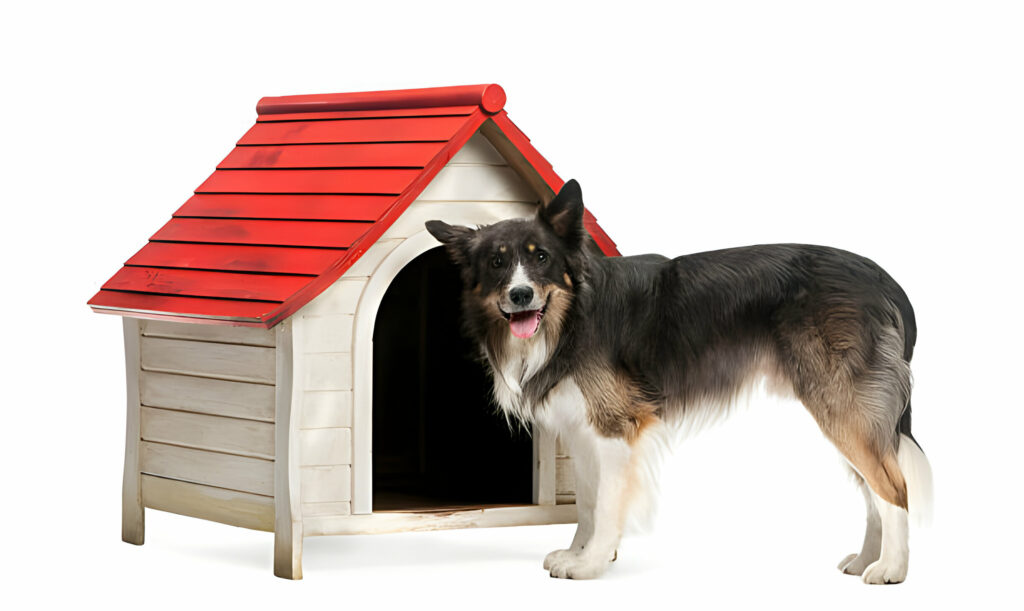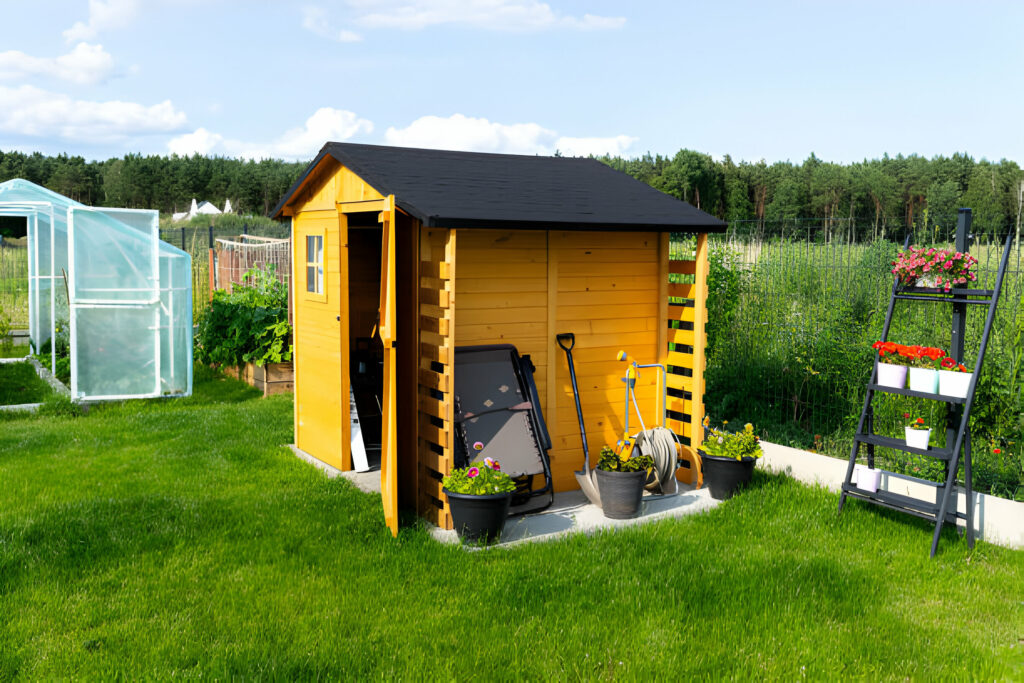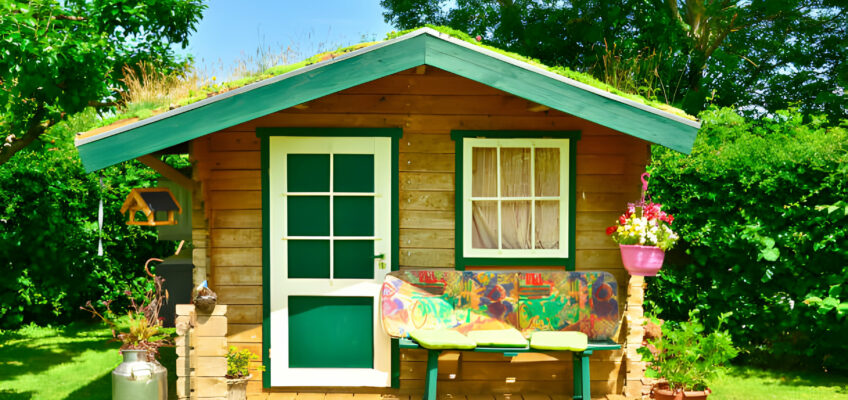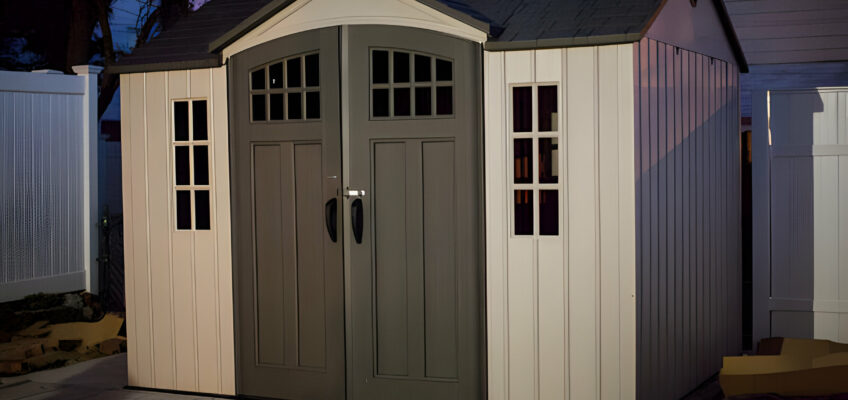How Do You Find Used Vinyl Buildings in the United States?
Vinyl structures are famous for their durability and low maintenance, making them excellent options for varied and enduring storage solutions. If you’re trying to find reasonable choices, it may be wise to consider looking at the market for used vinyl buildings. This article will give a detailed explanation of the method for finding used vinyl buildings available within the United States. By taking after these methods, you may not, as it were, be able to decrease costs but, moreover, get a reliable structure for your capacity requirements.
What is Vinyl?
Vinyl, an artificial plastic substance produced from polyvinyl chloride (PVC), is a complex and widely used material with diverse applications spanning many industries. It is recognized for its durability, flexibility, and resistance to moisture and climatic factors. Here are key aspects of vinyl:
Composition
Chlorine and ethylene, derived from either natural gas or petroleum, combine to form vinyl. The combination of these components experiences a chemical reaction to deliver polyvinyl chloride (PVC), the fundamental substance for vinyl.
Versatility
Vinyl may be a highly versatile substance that’s utilized within the manufacturing of a different array of items, including but not limited to:
- Construction Materials: Vinyl is utilized for the manufacture of siding, flooring, windows, doors, and roofing.
- Consumer Products: Vinyl is employed in the production of clothing, handbags, toys, and accessories.
- Medical Items: Vinyl is utilized in the manufacturing of medical devices, tubing, and certain types of gloves.
- Signage and Banners: Vinyl is a frequently used material for outdoor signage and banners because of its durability.
Durability
Vinyl is renowned for its solidity and ability to rebound. It appears resistant to moisture, chemicals, and UV radiation, making it reasonable for both indoor and outdoor employment. Vinyl goods frequently have a longer lifespan.
Flexibility
With its outstanding attribute of flexibility, vinyl stands out, allowing easy shaping and forming into various configurations. Industries commonly use flexible vinyl in manufacturing garments, inflatable structures, and certain medical apparatus.
Ease of Maintenance
Vinyl requires minimal maintenance. This material exhibits stain resistance and can be easily cleaned with a mild soap and water solution. The ease of upkeep of this material enhances its popularity in various applications such as flooring and furniture.
What are Buildings Made of Used Vinyl Called?

Used vinyl buildings are structures or covers made primarily from vinyl fabric that individuals have previously owned. People commonly use these buildings for various purposes, including storage, workspace, or temporary structures. Here are key characteristics and considerations regarding used vinyl buildings:
Structural Framework
Used vinyl buildings have a framework constructed from materials such as aluminum or steel, providing stability and support for the overall structure. The vinyl material is used for the covering or cladding of the building.
Vinyl Cladding
In the context of vinyl buildings, the term “vinyl” clearly denotes the material employed for the outside covering or wrapping. To enhance durability, weather resistance, and protection against environmental factors, manufacturers often paint or treat vinyl materials.
Applications
Used vinyl buildings can serve various purposes, including:
- Storage: Utilized as facilities for the storage of equipment, tools, or other products, such as sheds or warehouses.
- Workspace: Utilized for conducting workshops, establishing temporary offices, or providing supplementary working areas.
- Temporary structures: They are utilized in situations such as gatherings, exhibits, or construction sites where there is a requirement for temporary shelter.
Utilization of Vinyl Buildings
Vinyl buildings, renowned for their durability and flexibility, find extensive use across various industries and for diverse purposes. These developments, as often as possible characterized by a system built from materials such as aluminum or steel and secured with vinyl, giving adaptable and practical options. Here are common uses of vinyl buildings:
Storage Sheds
Vinyl structures are a common choice for storage sheds in residential, commercial, or industrial settings. They offer a sheltered and durable area for storing equipment, tools, gardening supplies, and several other stuff.
Storage Facilities and Warehouses
Expansive vinyl structures can function as warehouses or storage facilities, capable of holding a substantial quantity of items or inventories. Their modular design enables modification to fulfill specific storage requirements.
Temporary Workspaces
Vinyl structures serve as temporary or mobile workspaces in construction sites, events, or remote locations. They can house offices, meeting areas, or workstations, providing a controlled environment.
Garages and Carports
Vinyl buildings serve as garages or carports, providing a secure and sheltered space to safeguard vehicles from environmental factors. They can serve as an economical substitute for conventional physical garages.
Greenhouses
Vinyl-clad buildings excel in greenhouse applications because they create a regulated environment for cultivating plants. The vinyl covering permits the entry of sunshine while safeguarding against unfavorable weather conditions.
Livestock Shelters
Farmers and agricultural businesses utilize used vinyl buildings as shelters for livestock. These structures can protect from the weather and offer a comfortable space for animals.
Retail Storage
Retailers may employ vinyl structures as additional storage facilities for excess stock, seasonal goods, or supplies. These structures provide a practical and economical solution for retail storage requirements.
Event Tents and Shelters
Vinyl structures serve as occasion tents for outdoor gatherings, parties, weddings, and presentations. Their measured plan allows for simple customization of the interior space to suit different event requirements.
Is a Vinyl-Used Building Suitable For Pets?

Here are considerations regarding the suitability of vinyl-used buildings for pets:
Weather Resistance
Vinyl buildings offer weather resistance, providing a sheltered and protected space for pets. This is particularly important if the building is used as a kennel, cattery, or other outdoor living space for animals.
Insulation Options
Vinyl buildings can be insulated to create a suitable habitat for pets, especially in areas with extreme temperatures, depending on their design and purpose. Insulation helps in maintaining the desired temperature within the building.
Simple Maintenance
Vinyl could be a low-maintenance material that’s easy to clean. Typically profitable for pet owners because it allows for basic and standard support to keep the space clean and hygienic.
Important Factors to Consider When Purchasing Used Vinyl Buildings

Inspection and Condition
Before finalizing any purchase, thoroughly inspect the used vinyl building. Check for signs of wear, harm, or structural issues. Ensure that the building meets your particular requirements and is in a condition that adjusts along with your desires for a large shed for sale.
Documentation and History
Request documentation and the history of the used building. Gaining information on details such as the original installation date, maintenance history, and any repairs conducted can offer insights into the overall condition and longevity of the structure.
Transportation and Installation
Consider the logistics of transporting and installing the used vinyl building at your desired location. Factor in additional costs for disassembly, transportation, and reassembly, and ensure that these aspects align with your budget.
Conclusion
Acquiring used vinyl buildings in the United States requires a combination of online research, local connections, and thorough examinations. By thoroughly examining different options and taking into account important factors such as the state of the item, paperwork, transportation, and local rules, you can make a knowledgeable choice that not only reduces expenses but also offers a dependable and economical storage solution.

